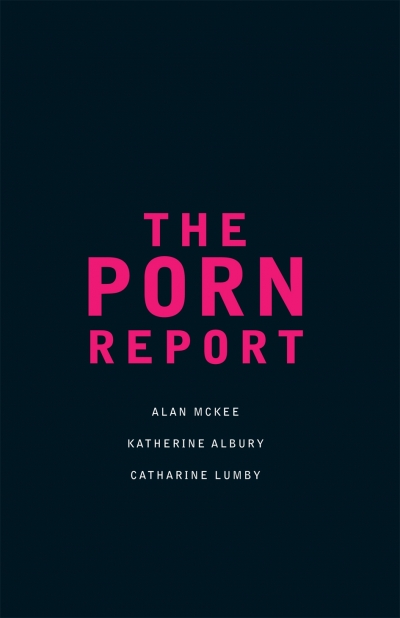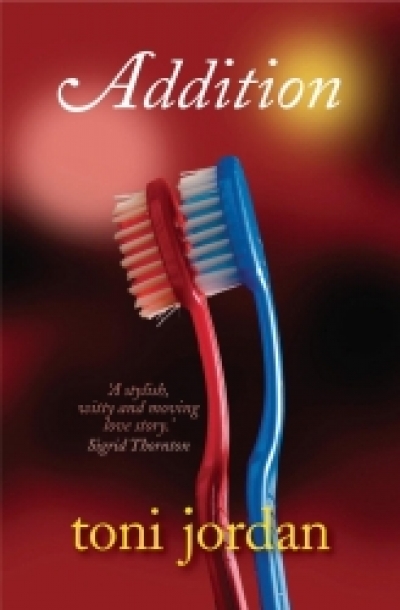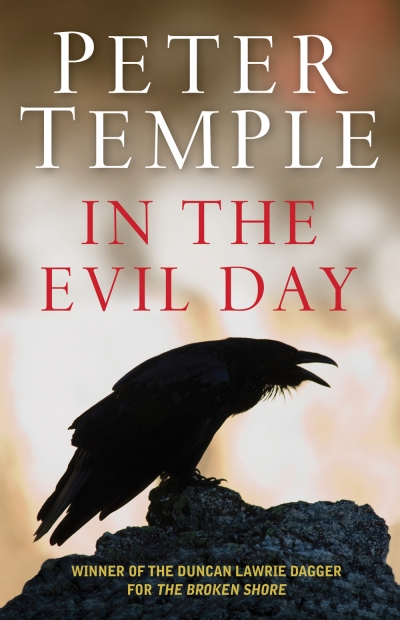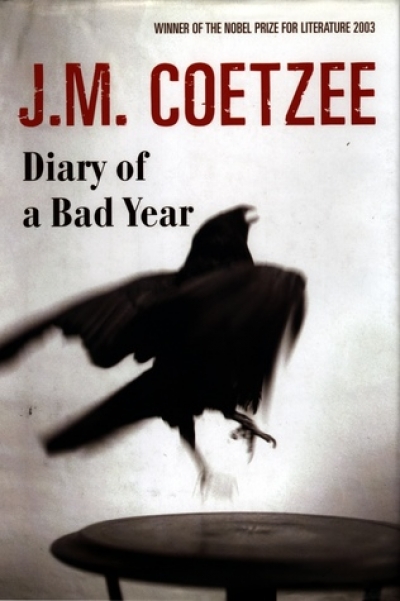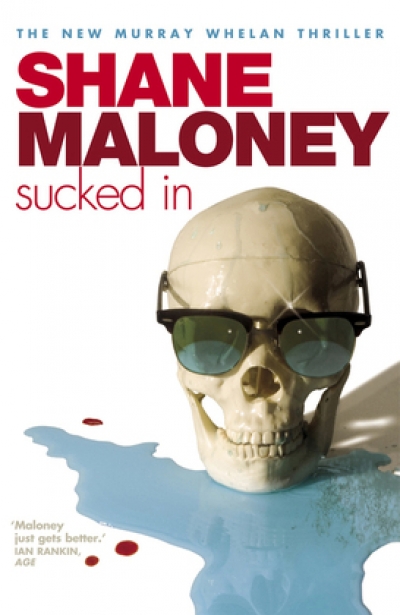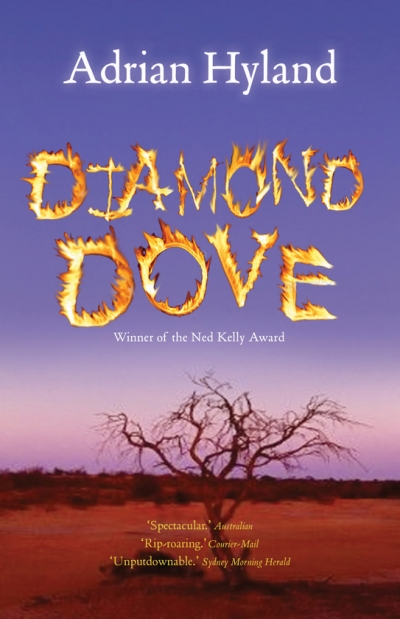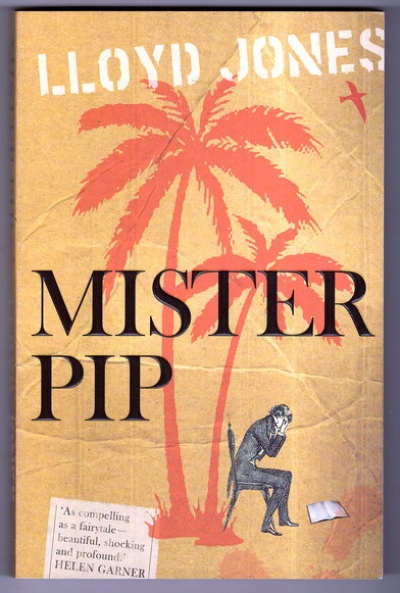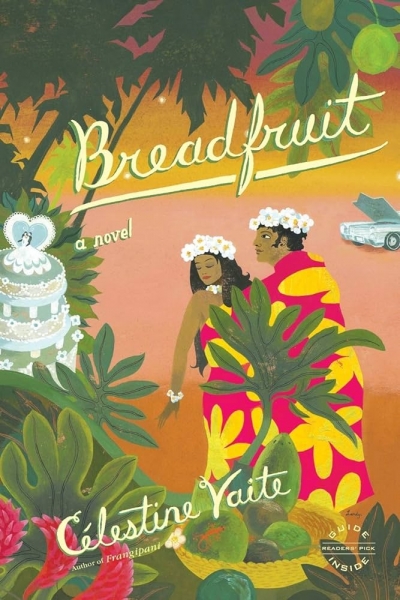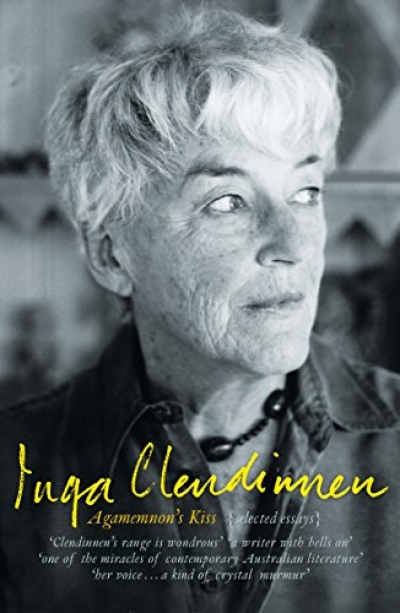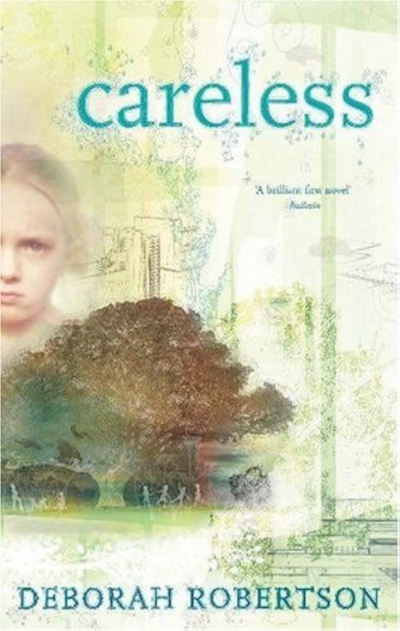Text Publishing
The Porn Report by Alan McKee, Katherine Albury and Catharine Lumby & Princesses and Pornstars by Emily Maguire
by Jay Daniel Thompson •
Diamond Dove by Adrian Hyland & The Cobbler's Apprentice by Sandy McCutcheon
by Kabita Dhara •
Breadfruit by Célestine Hitiura Vaite & Frangipani by Célestine Hitiura Vaite
by Kylie Stevenson •
Agamemnon’s Kiss by Inga Clendinnen & Quarterly Essay 23 by Inga Clendinnen
by Morag Fraser •
Careless by Deborah Robertson & Madonna of the Eucalypts by Karen Sparnon
by Emily Ballou •

